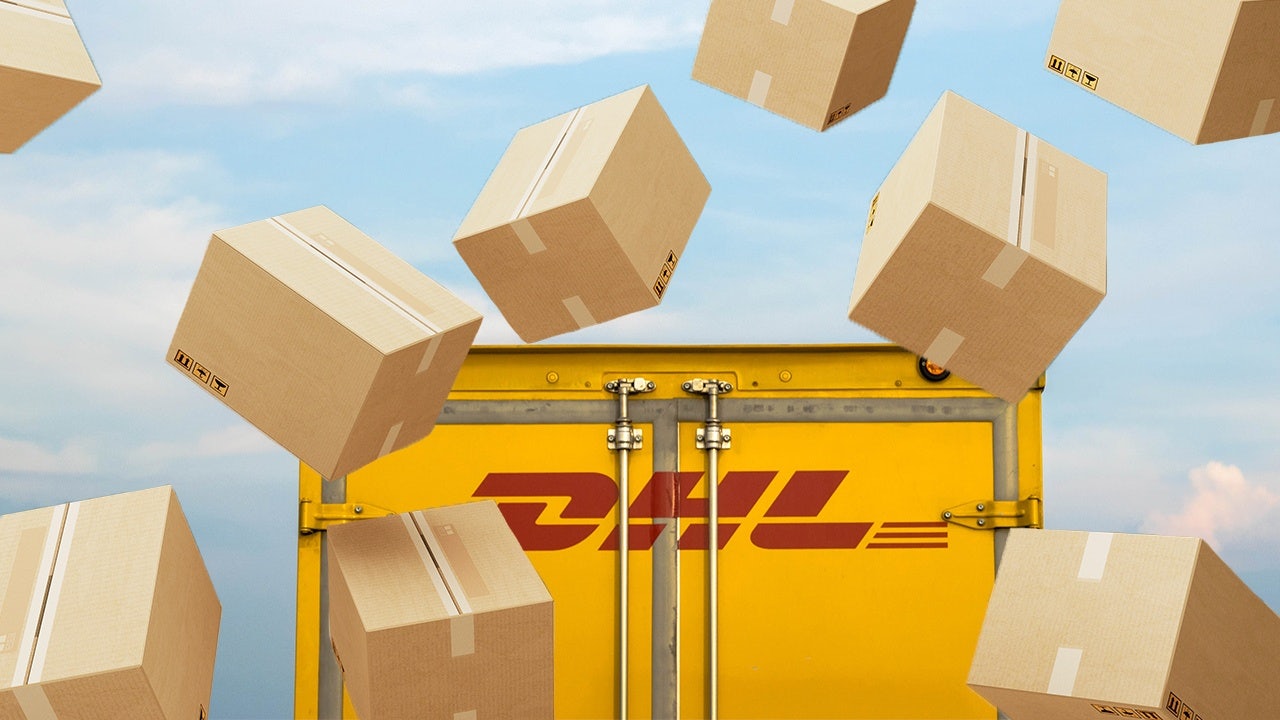In the past decade, the drop shipping business from China has seen incredible success mainly because of competitive product pricing and low shipping costs and capabilities. These benefits have helped independent vendors to make a good profit from sourcing and reselling products using Alibaba-owned AliExpress, an online retail service that offers products to international online buyers. This once lucrative model, however, looks to soon be ancient history.
The profitability and success of the drop shipping model comes from a price disparity between the products manufactured in the Western Hemisphere and those from China, but also from a shipping price disparity. In other words, if the US government increases tariffs on Chinese products, or raises shipping rates for packages arriving from China, the whole model becomes noncompetitive. And this is exactly what has happened.
In 2018 President Trump announced that the United States was pulling out of the intergovernmental body called the Universal Postal Union after claiming that China has been taking advantage of the US. One year later, UPU announced that it reached a deal with the US and it approved President Trump’s request to collect higher fees on packages from international destinations. The agreement will go into effect on July 1, 2020 and American sellers can expect significantly hiked prices on their products. Basically, ePacket, a shipping option offered by Chinese and Hong Kong merchants when shopping on popular Chinese marketplaces like AliExpress, will no longer be price competitive and many American independent sellers will, if not go out of business, dramatically lose revenue.
Who will lose?#
Alibaba-owned AliExpress, Chinese sellers, and Westerner companies who drop ship from China, though, in the end, the biggest looser will be the end consumer who’ll be forced to pay a higher price for the desired product. On the other hand, American brick-and-mortar stores who compete with e-commerce websites, mom-and-pop businesses who have practically become irrelevant in the digital economy, and e-commerce websites will now be able to set their own shipping prices. But make no mistake, the consumer is the biggest looser, since prices will be dramatically hiked yet offering no additional benefits to the buyer.
Shipping delays are the final#
knockout#
Western vendors who wanted to stockpile products from China before the changes in shipping costs went into effect have been sidetracked by the COVID-19 crisis. Since the outbreak, international logistics has been affected, with international courrier services and freight discontinued, transportation routes closed, and production facilities remaining in lockdown for months. Consequently, the standard shipping service offered by most sellers on AliExpress comes with impressive delays. “Some shipping and logistics are experiencing longer waiting times for processing orders,” the platform said in a Facebook post.
However, upon closer inspection the “potential delays” are creating serious backlogs. Consumers are complaining on social media that they are waiting months for their packages and the communication with customer care service is reduced to talking to chatbots instead of support agents. According to U.S. News & World Report, buyers
lamented that orders were not only taking a long time to arrive but were being automatically renewed, instead of being canceled and refunded. “It doesn't inspire confidence that they renew your order forever and you can't stop it,” said Monika Hendry, who spent about 10 on a mobile phone holder on Jan. 17 on the site.
On Reddit, a user pointed out that the delay is not a problem considering the COVID-19 outbreak, but he has an issue with “the blatant false advertising” that says, “your orders should arrive in 32 days.” According to him, a company of the size of AliExpress should have the “basic courtesy” to include realistic shipping times. Other users highlight that these lengthy delays have little to do with COVID-19, since Chinese sellers on eBay and Amazon don’t have this problem.
It’s worth noting that many Reddit users point out that products ordered in January and February still haven’t arrived yet, and the guaranteed delivery time is no longer reliable anymore. On the other hand, drop shippers in the US complain that they offered discount codes and additional perks to their customers who are waiting for orders since February. This is killing their business since customers cancel orders and leave them in the red.
Global drop shipping companies don’t have it easier than their American counterparts. The shortage of commercial passenger airlines that also carry the mail, as well as the suspension of mail services in various countries, has affected parcel operations. For instance, the U.S. Postal Service has temporarily suspended international mail acceptance for 112 countries.
Given the current state of affairs, it’s safe to say that the current drop shipping business model has been, if not killed by COVID-19, President Trump’s tariffs, and changes to shipping rates, seriously damaged. If companies want to keep their heads about water, they will have suffer a significantly decrease their profit margins to make up for these issues. However, the vast majority of SMEs, which make up much of the US economy, will unfortunately have to also suffer significant losses and the very real possibility of going out of business.

